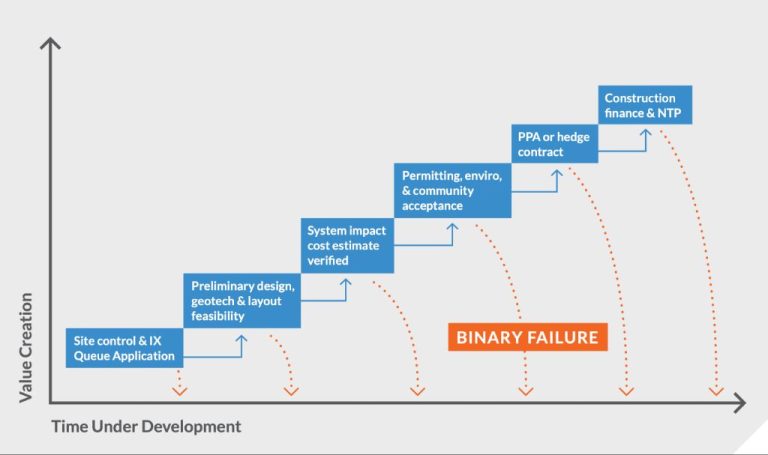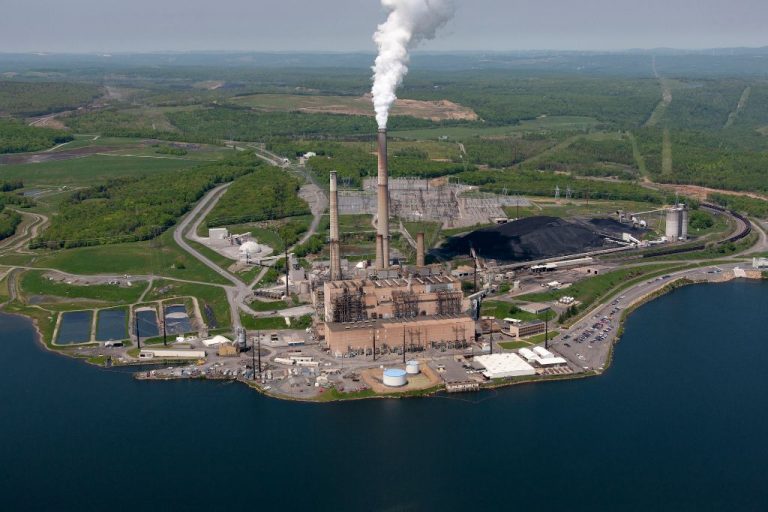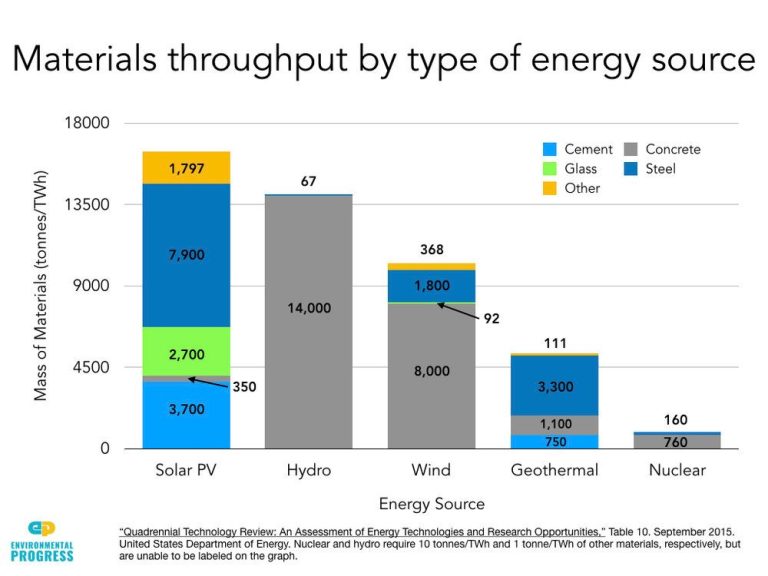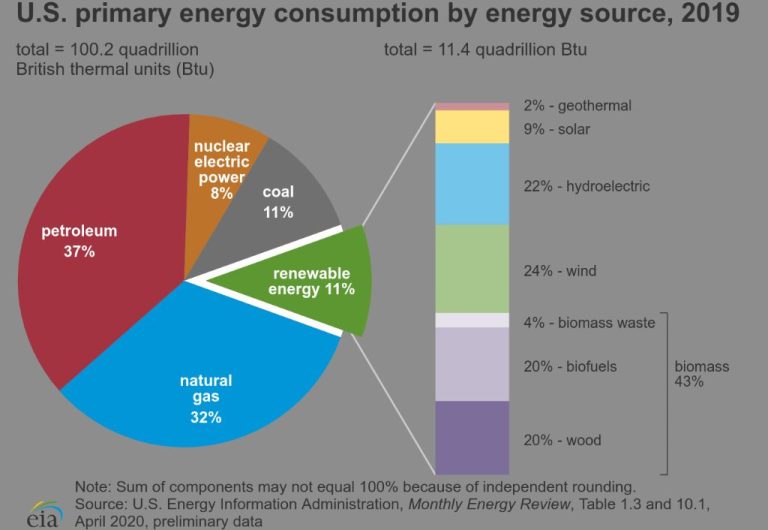Can I Study Renewable Energy?
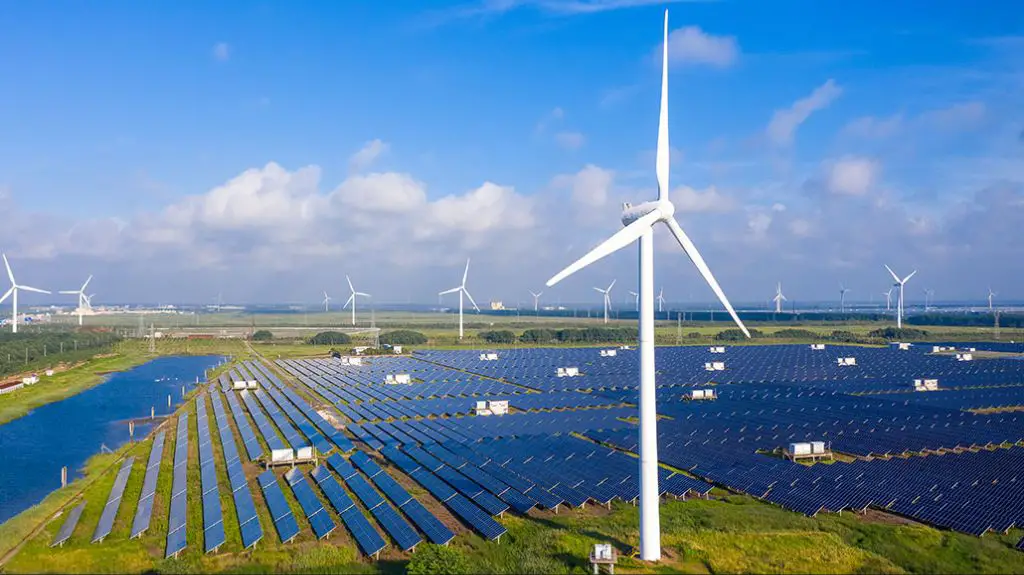
Renewable energy refers to energy generated from natural resources that are constantly replenished, like wind, sunlight, water, geothermal heat, and biomass. It’s an increasingly popular field of study because renewable energy has the potential to reduce greenhouse gas emissions, combat global warming, create jobs, and decrease dependence on fossil fuels.
The purpose of this article is to provide an overview of the different programs and career paths available for those interested in studying renewable energy. We’ll explore the skills required to succeed, expected job prospects and growth, what types of degrees are available from associate to doctorate level, and the differences between online versus on-campus programs. With insight into sample courses and hands-on opportunities, this article aims to give a comprehensive look into renewable energy education so readers can determine if it’s the right path for them.
Types of Renewable Energy Degrees
There are several common types of renewable energy degrees available at the undergraduate and graduate level (sources: https://www.energydegrees.org/programs/bachelors-in-renewable-energy/, https://www.energydegrees.org/programs/masters-in-renewable-energy/):
– Solar energy degrees focus on harnessing energy from the sun using photovoltaic panels and concentrated solar power. Coursework covers solar panel installation, solar thermal systems, photovoltaic design, and more.
– Wind energy degrees provide training in wind turbine technology, wind farm development, wind resource assessment, and topics related to harnessing wind power.
– Geothermal energy degrees teach skills needed for tapping heat energy from under the earth’s surface for heating and electricity generation.
– Hydroelectric energy degrees cover dam construction, turbine technology, hydrology, and maximizing power generation from moving water.
– Bioenergy / Biomass energy degrees focus on converting organic matter like crops, wood, and waste into fuel and electricity.
– Sustainable energy degrees take a broader approach teaching how to integrate renewable sources into current energy systems.
Job Prospects
The job outlook for renewable energy careers is very promising. According to the US Bureau of Labor Statistics, solar panel installer jobs are projected to grow 51% from 2019 to 2029, much faster than the average for all occupations. Wind turbine service technician jobs are projected to grow by 57% over the same period.(1)
Salaries also tend to be generous for renewable energy jobs. Solar photovoltaic installers have a median annual wage of $46,470, while wind turbine technicians earn a median of $56,230 per year.(2) With experience and expertise, salaries can reach $100,000 or more for specialized technical and engineering roles.
Overall, the renewable energy industry offers excellent employment opportunities now and in the coming decade, with competitive wages across a range of occupations and career levels.
Required Skills
To succeed in renewable energy careers, certain technical and soft skills are required. According to a report on green collar jobs by [source], key technical skills include strong backgrounds in science, technology, engineering, and math (STEM). Knowledge of mechanics, electronics, robotics, and computer science is beneficial. Project management and logistics skills are also important to oversee complex renewable energy projects.
Soft skills like communication, leadership, and teamwork enable effective collaboration on renewable energy initiatives. Attention to detail and analytical thinking help optimize renewable energy systems. The ability to solve problems and think creatively is needed to innovate new solutions. Strong business acumen and customer service skills are required for renewable energy sales and consulting roles. Candidates should be passionate about sustainability.
Degree Levels
There are several degree levels available for those interested in renewable energy:
Associate Degree – An associate degree in renewable energy takes 2 years and provides a solid introduction to concepts like solar, wind, geothermal and more. Hands-on training may be included. Graduates may qualify for entry-level technician jobs.
Bachelor’s Degree – A bachelor’s degree takes 4 years and offers a comprehensive education in renewable energy concepts, technologies and policies. This degree level allows for more research opportunities and internships. Graduates can qualify for jobs like solar consultant, technician manager and more.
Master’s Degree – A master’s degree takes 1-2 years beyond a bachelor’s. Master’s programs focus on leadership roles in renewable energy through advanced coursework and research. Graduates may become project managers, researchers, consultants and executives.
Certificate Programs – Certificate programs are shorter than degree programs, often taking less than 1 year. They provide focused training on a specific renewable energy technology like solar PV installation. Graduates can qualify for entry-level technician jobs.
In general, more advanced degrees lead to higher level jobs and salaries but also require greater time and cost commitments. Associate and bachelor’s programs focus on fundamentals while master’s emphasizes leadership. Certificates offer quick start options.
Online vs On-campus
Both online and on-campus renewable energy programs have pros and cons to consider. Some of the advantages of online programs include:
– Flexibility to study anywhere, anytime
– Potentially lower tuition costs
– Access to a wider range of programs from different universities
Some disadvantages of online programs:
– Lack of in-person interactions and access to campus facilities
– Less hands-on learning opportunities
– Need for self-motivation and time management skills
On-campus programs allow for more hands-on learning with access to labs, equipment, and in-person group projects. However, they require relocating and have less flexibility. Choosing between online or on-campus depends on your learning style, schedule, and finances.
Many renewable energy programs now incorporate virtual simulations and remote equipment access to provide online students with similar hands-on experiences. Overall, both online and on-campus paths can provide quality education. Focus on finding a program that best fits your individual needs and career goals.
Sample Courses
Most renewable energy degree programs provide an overview of core courses before students specialize. Typical core courses include:
Introduction to Renewable Energy – This course covers the basic principles and technologies behind renewable energy systems such as solar, wind, hydro, tidal, wave, geothermal, and biomass.
Electrical Engineering – Students learn about electrical power generation, transmission, distribution, and the integration of renewable energy into existing grids.
Environmental Science – Courses examine the environmental impacts of energy production and the role of renewables in reducing emissions and mitigating climate change.
Later in the degree, students focus on specific technologies like solar photovoltaics, wind turbines, biofuels, etc. through advanced engineering and design courses.
Hands-on Opportunities
Many renewable energy degree programs provide excellent hands-on learning opportunities through internships, research projects, and field work. The University of Michigan-Flint’s BS in Sustainable and Renewable Energy Technology emphasizes hands-on development of technical skills, including opportunities to participate in alternative energy vehicle competitions. Students can also complete internships with local companies to gain real-world experience.
Other programs like Arizona State University’sSolar Energy Engineering and Commercialization program combine classroom learning with hands-on research and field work focused on designing, testing, and constructing solar energy systems. This provides students with practical skills and experience to enter the renewable energy industry after graduation.
Overall, quality renewable energy degree programs recognize the importance of going beyond textbooks to provide students with practical knowledge through immersive hands-on learning. This distinguishes graduates for renewable energy careers by equipping them with technical competencies and field experience.
Job Outlook
The job outlook for renewable energy graduates is very strong. According to the Bureau of Labor Statistics, jobs in solar and wind energy are projected to grow much faster than average at a rate of 63% and 57% respectively from 2020 to 2030.1 Some of the top career paths for renewable energy graduates include:2
- Solar Photovoltaic Installers
- Wind Turbine Technicians
- Energy Managers
- Environmental Scientists
- Energy Auditors
There are many companies hiring renewable energy graduates across the country. Some top employers include Tesla, SunPower, Think Energy, and Clearway Energy Group. renewable energy jobs can also be found at green consulting firms, utilities, research centers, and government agencies focused on renewable energy and sustainability.3 The future looks bright for renewable energy graduates with the continued growth in sustainable energy.
Getting Started
If you’re interested in pursuing a degree in renewable energy, here are some tips to help you get started:
Begin researching programs and universities that offer majors or concentrations in renewable energy engineering, sustainability, environmental science, etc. Look for programs that offer hands-on learning, internships, and research opportunities (see Oregon Tech’s renewable energy engineering program).
Take math, science, and technology courses in high school to build a strong foundation for college-level coursework. Subjects like calculus, physics, chemistry, biology, and computer programming will be very useful.
Apply for scholarships! Many professional associations and companies offer scholarships for students pursuing degrees related to sustainability and renewable energy, such as the Alaska Energy Authority’s Renewable Energy Fund.
Get involved with green energy initiatives in your school or local community to gain relevant experience. Look for internships at renewable energy companies and environmental nonprofits.
If attending an on-campus program isn’t feasible, consider accredited online degrees in renewable energy engineering or environmental science. Online programs allow flexibility while still providing access to instructors.
By researching programs, securing funding, gaining hands-on skills, and making professional connections, you’ll be off to a great start in renewable energy education.

